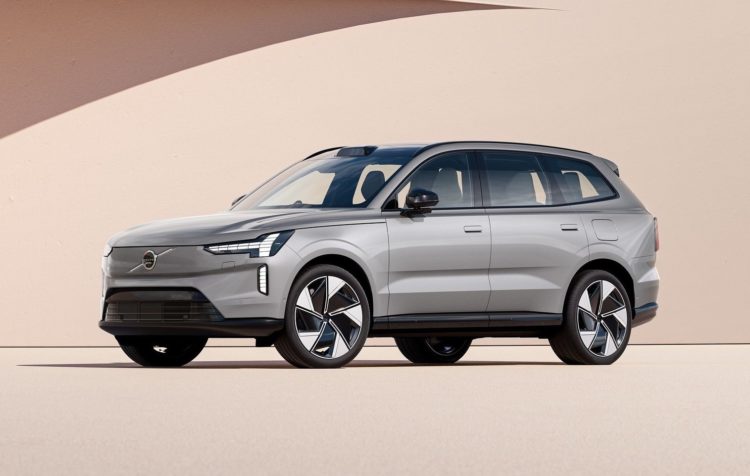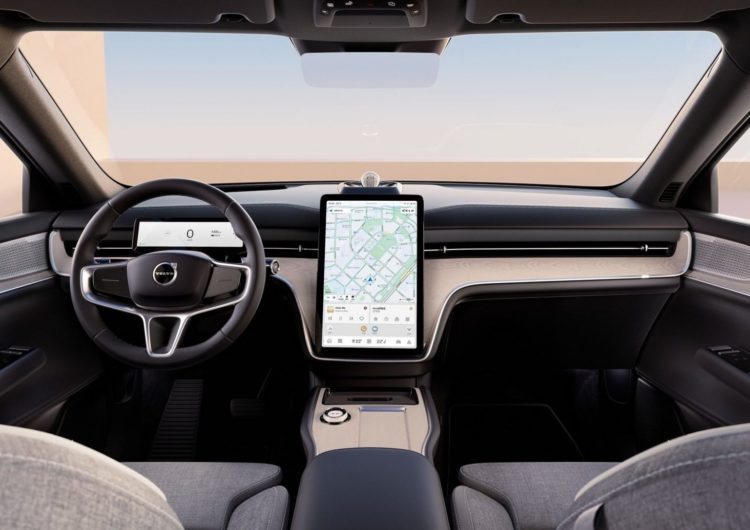Volvo has released its financial results for the second quarter of 2023, with the company’s operating jumping by a healthy 39% on the back of its electric vehicle deliveries skyrocketing 178% year-on-year.

All up, Volvo’s revenue figures jumped from 71.3 billion SEK in Q2, 2022 up to 102.2 billion, with an EBIT margin of 6.3 per cent translating to a 39 per cent increase in operating profits over the same point in 2022.
Volvo’s total delivery numbers hit 178,800 units in the second quarter of 2023, marking both a 25 per cent increase over the same point in 2022.
Sales of Volvo’s fully-electric lineup increased from a 7 per cent share in Q2, 2022, up to 16 per cent overall in the latest quarter, with the company expecting its margins to increase as lithium prices drop and increased pricing of Volvo’s MY24 battery-electric vehicles.

The company says that its manufacturing base was able to improve production output by up to 50 per cent as it moved to make more direct relationships with suppliers for better acces to key components like semiconductors.
Volvo says that cars like the recently-unveiled EXC30 compact SUV – which will retail here in Australia from $59,990 – as well as the larger EX90 that will replace the current-gen XC90 flagship SUV.
Volvo has previously confirmed that it plans on transforming its entire lineup to battery-electric powertrains by 2026 here in Australia, and by the end of the decade around the globe.

“The second quarter of 2023 shows that the year is shaping up as planned,” says Volvo Cars President and Chief, Jim Rowan.
“In these past three months, we have continued to deliver on our ambitious transformation goals and made steady progress.”
“At the same time, we have also achieved a solid underlying business performance with increased sales and revenues… we are performing and transforming, while navigating the external challenges that have come our way.”
